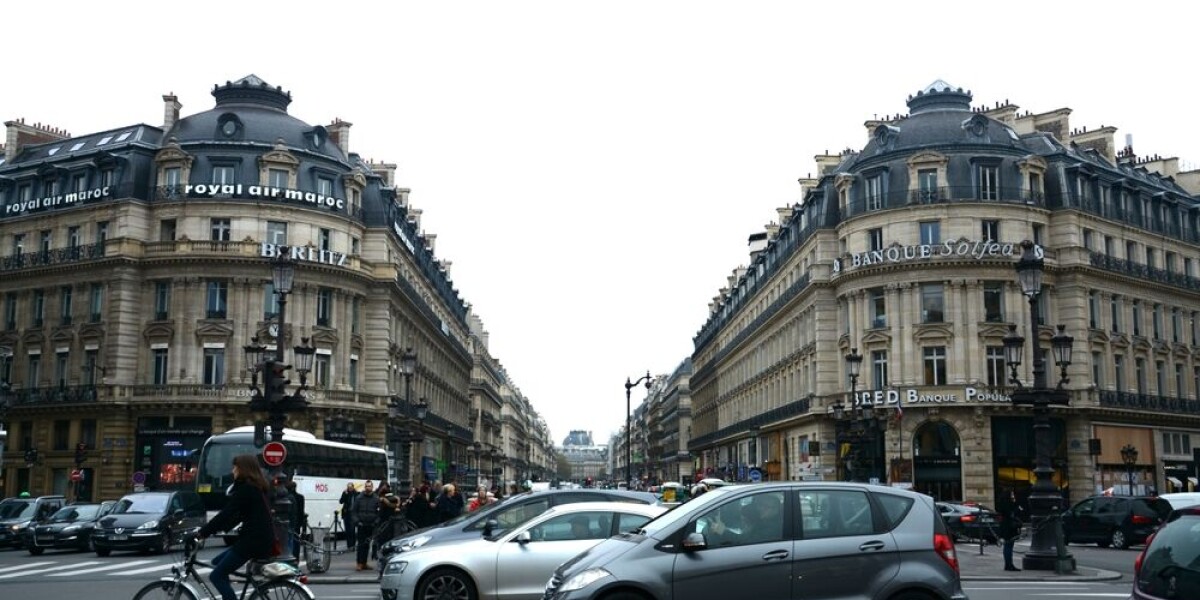
- Select a language for the TTS:
- UK English Female
- UK English Male
- US English Female
- US English Male
- Australian Female
- Australian Male
- Language selected: (auto detect) - EN
Play all audios:
Afghanistan had fallen off the radar until Wednesday night when President Trump conditionally approved a peace deal with the Taliban. After 18 years of military involvement and US
expenditure of more than two trillion dollars, at the cost of over 150,000 lives, American troops are poised to leave Afghanistan. If the deal is to go ahead, the Taliban must reduce
violence over a one-week test period in February. It is a sad but inevitable conclusion in a troubled and complex country where significant problems still exist. The Taliban shadow
government has grown as has the death toll. Afghan statistics are shocking. Civilian casualties in August 2019 were three times higher than in either Syria or Yemen, and 41 per cent of those
killed or wounded were women and children. Food insecurity is worse than in South Sudan. In the last six years, poverty has grown in one of the poorest countries in the world. Already more
than 60 per cent of the population lives below the poverty line, with further pressure put on the system by the 400,000 displaced Afghans who have returned from Iran and Pakistan. The role
of women in Afghanistan remains a primary concern, and was a topic on the agenda at the 64th session of the Commission on the Status of Women which will take place in New York from 9 to 20
March 2020. Women have made gains in the media, in education and business, leadership. But these gains are fragile. An Afghan physician recently showed a British medic around the maternity
ward in the Kabul hospital where she worked. The two doctors stopped at the foot of a bed where a young, pregnant woman struggled. The patient, explained the local doctor, needed a
life-saving operation due to severe complications. When the husband asked how much the procedure would cost, and the Afghan obstetrician replied $200, the woman’s husband refused to pay. It
was simply cheaper to buy a new wife. Even with the availability of more clinics, people still rely on traditional healers. One religious leader told a pregnant woman to drink only water for
40 days. The United Arab Emirates is working with imams to counter extremism and to countermand unfounded advice. The infant mortality rate in Afghanistan remains one of the highest in the
world, with 110.6 deaths for 1,000 live births. Despite bitter memories of the Taliban years and the fact that most Afghans do not want to live under Taliban rule again, the group’s reach
has expanded. It now has functioning education and health departments and a judiciary of sorts across vast swathes of the country. Donors and civil society have had to deal with the Taliban,
which has created enormous challenges. Is the Taliban Mark Two a new incarnation — has it really moved away from its rigid beliefs or are the changes cosmetic? Unprecedented aerial
bombardments have allowed the Taliban to promote itself as defender of the people even though it has no clear vision of what it wants as a result. What does peace mean for women? It depends
if you are talking to a widow in Kandahar who’s lost her sons or a young woman in Kabul who has just returned after completing her Chevening or Fulbright Scholarship. The international
dynamics are complicated by regional interference as Russia cosies up to the Taliban. China, only interested in economics, is not taking responsibility for regional security, leaving it up
to others. 12,000 Afghans fought in Syria on the side of the regime. They were recruited and armed by Iran and treated in Iranian hospitals. At this critical point in Afghanistan’s history,
can the country hold on to the progress it has made, especially in light of donor fatigue and the tentative peace deal? The international community still pays for 75 per cent of the
country’s costs. Will international commitment continue? In Transparency International’s global ranking of corruption, Afghanistan came 173 out of 180. The results from last year’s election
are still not final, and there is always a mistrust of the western notion of change, no grassroots movement, no organic solutions and no one willing to give up power. Even with a deal, it’s
not an optimistic scene.






